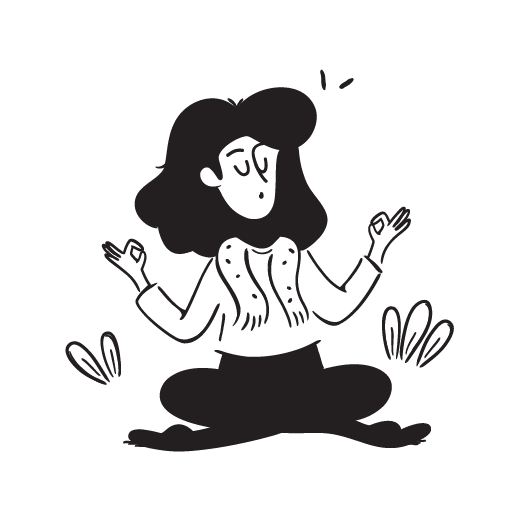Practice for your interview with a big list of sample questions - all for free. Start practicing now.

Videoath Verified.
We routinely check on our resources to ensure they're up to date and continue to be a good reference.
Trusted by 6751 others.
You're in good company. We update this counter to let you know who else completed the prompt.
Review Peer Responses
Preview de-identified and anonymized peers interview responses, providing a rich source of inspiration and insights to refine your own answers.
General Breakdown
Offers an in-depth analysis of interview prompts, providing critical insights such as difficulty level, competencies assessed, and strategic tips. Coming soon!
Expert Response
Watch and learn from experts. Coming soon.
Response Walkthrough
Step-by-step review of good, better, and excellent responses so you know exactly what parts of your responses get you a higher score. Coming soon.
Aggregate Response Score
Compare your response to 100s of peer responses. Coming soon.
Score Breakdown
See how prompts are broken down and reviewed across 1000s of applicants. Coming soon.
The Canadian Pediatric Association has recommended that circumcisions "not be routinely performed". They base this recommendation on their determination that "the benefits have not been shown to clearly outweigh the risks and costs". Doctors have no obligation to refer for, or provide, a circumcision, but many do, even when they are not clearly not medically necessary. Ontario Health Insurance Plan (OHIP) no longer pays for unnecessary circumcisions. Consider the ethical problems that exist in this case. Discuss these issues with the Interviewer.
A woman enters the emergency room with stomach pain. She undergoes a CT scan and is diagnosed with an abdominal aortic aneurysm. The physicians inform her that the only way to fix the problem is surgically, and that the chances of survival are about 50/50. They also inform her that time is of the essence, and that should the aneurysm burst, she would be dead in a few short minutes. The woman is an exotic dancer; she worries that the surgery will leave a scar that will negatively affect her work; therefore, she refuses any surgical treatment. Even after much pressuring from the physicians, she adamantly refuses surgery. Feeling that the woman is not in her correct state of mind and knowing that time is of the essence, the surgeons decide to perform the procedure without consent. They anaesthetize her and surgically repair the aneurysm. She survives, and sues the hospital for millions of dollars. Do you believe that the physician's actions can be justified in any way? Is it ever right to take away someone's autonomy?
Your best friend is an identical twin. The other twin has been sick with a variety of illnesses most of their lives. Several times, the other twin has been so ill that your best friend has supplied tissue (e.g., blood, bone marrow) sometimes to help their sibling stay alive. The other twin now needs a kidney transplant to stay alive. Their parents have assumed that your best friend will automatically donate the kidney as usual when tissue has been needed. However, your friend is now balking at this automatic assumption of donation and is considering saying „no‟. What would you say to your friend to convince him to donate the kidney?
Learn from Great Responses









